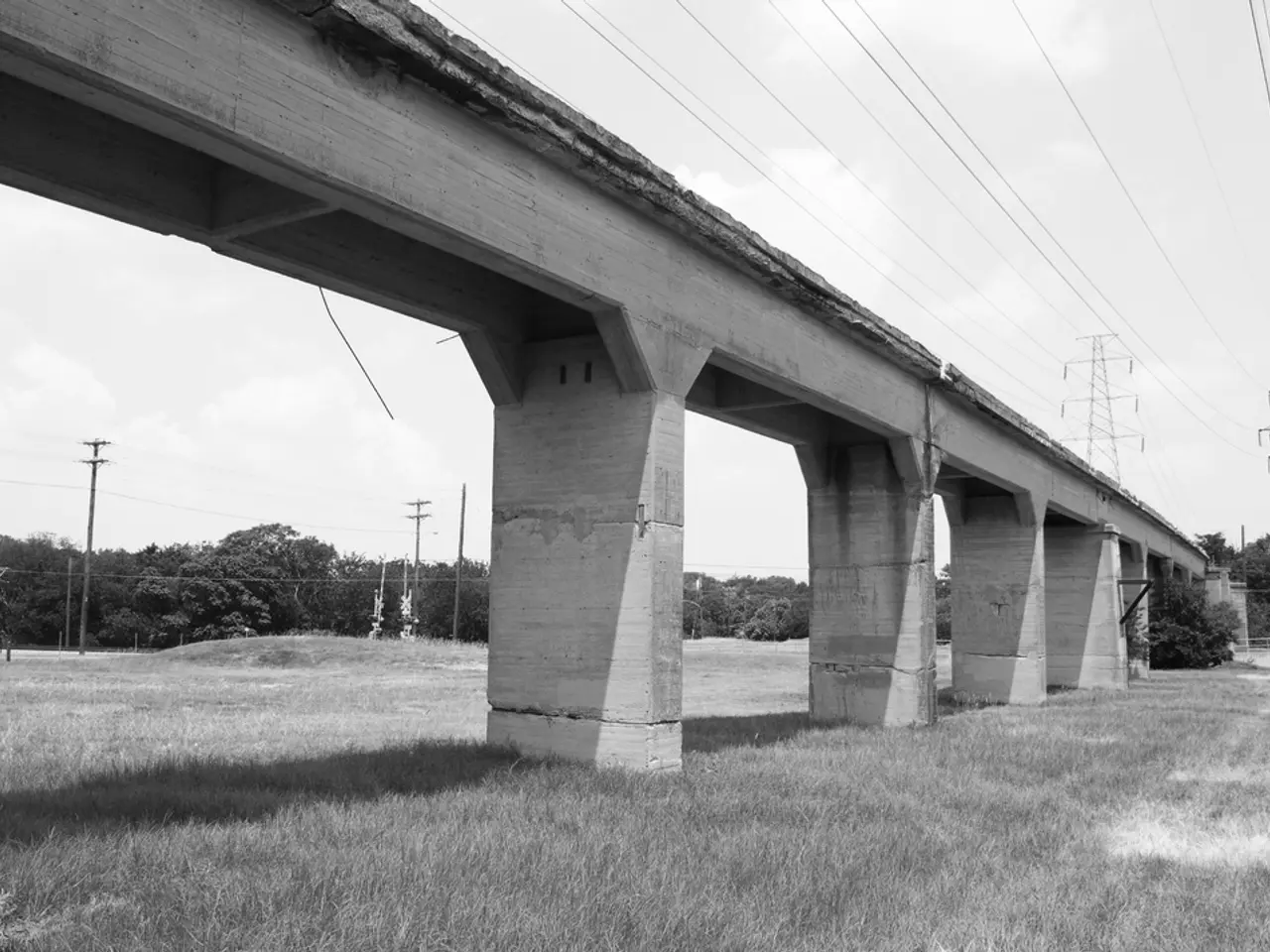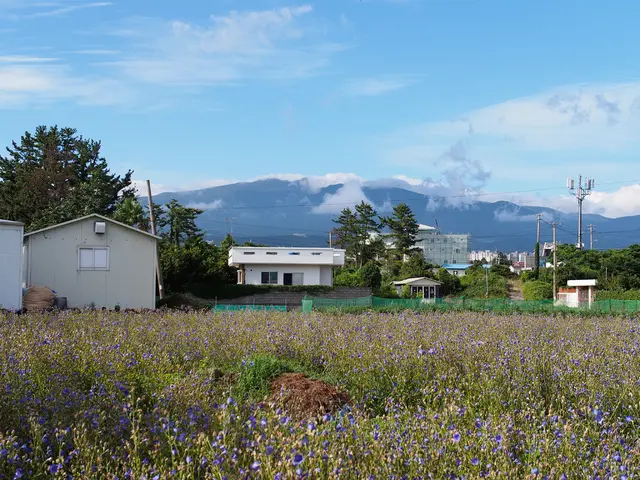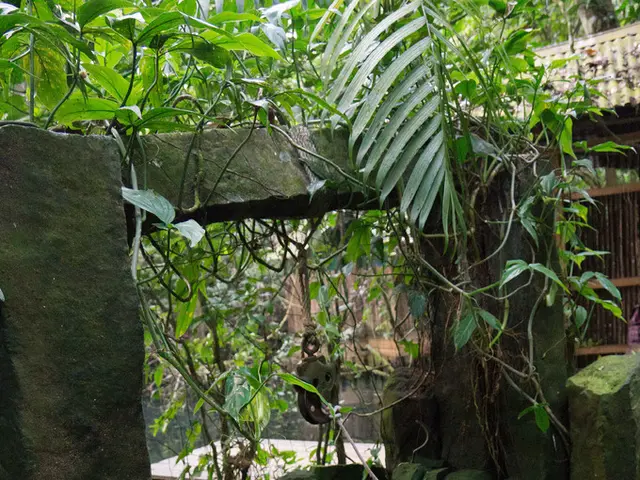Green energy initiative in Jordan encourages development of hydrogen and energy storage projects through new legislation
New Permanent Electricity Law in Jordan Encourages Green Hydrogen and Energy Storage Projects
Jordan has approved a new permanent electricity law, which focuses on promoting green hydrogen and energy storage projects under a public-private partnership (PPP) model. The new law, announced by Jordan's Energy and Mineral Resources Minister, Saleh Al-Kharabsheh, is set to be enforced after cabinet endorsement, although a timeline for enforcement has not been provided.
The new legislation offers incentives for investment in green hydrogen and power storage projects. These incentives include a reduction of income tax rates to 5%, plus an additional 1% national contribution, for projects qualifying under this law. Furthermore, projects, companies, contractors (main and subcontractors), and related green hydrogen activities will enjoy full exemptions from customs duties, import fees, and general sales tax.
These incentives aim to attract high-value investments and create both direct and indirect employment in Jordan. The law also supports positioning Jordan as a regional hub for clean energy and green technologies, including green ammonia production, linked with green hydrogen development.
The European Union has pledged a broader financial aid package worth around €500 million as part of a €3 billion package for 2025–2027, reinforcing Jordan's role and strategic partnership with the EU.
Under the PPP model, the new law allows electricity distributors to build power storage stations for the first time. However, the law does not mandate these independent power systems to be linked to the existing public electricity distribution network. Moreover, the law permits investors to establish their own power generation and distribution systems, independent of the public electricity distribution network.
While the law does not clarify whether all investors are still permitted to build, own, and operate power distribution and storage facilities, it does allow this for all investors. The law also does not specify any changes to the PPP model or provide details about the establishment of an autonomous power distribution system.
The new electricity law may lead to the establishment of an autonomous power distribution system, but this remains to be seen. The law does not mention any new details about the replacement of the 2024 law regarding electricity regulations. The new legislation continues to focus on green hydrogen projects in addition to power storage projects.
Read also:
- Weekly developments in the German federal parliament, the Bundestag
- Solar Shutdown: Merz Proposes Billions of Gas Discharge - Reverse Plan
- New guidelines for NEPA processes unveiled by federal agencies, in alignment with Executive Order 14154 and the Seven County Decision of the Supreme Court
- Anticipated Rise in Electricity Bills Coming in July for Latvian Residents








